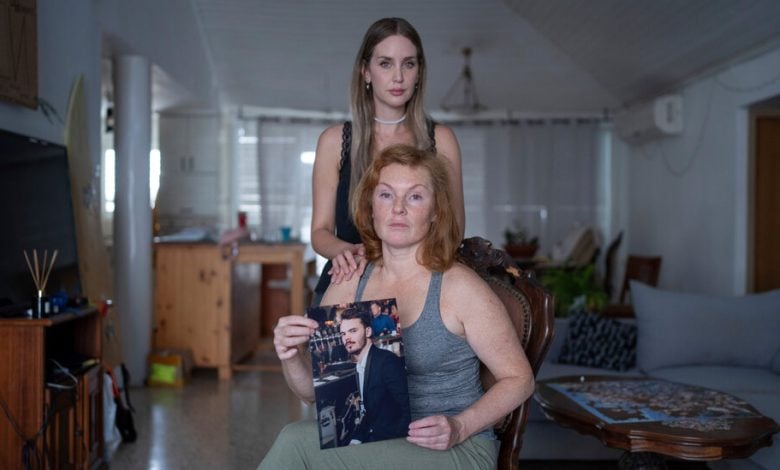Accounts of Life in Hamas Captivity Emerge in Israel

In the months after he was taken hostage in Israel and hidden in the Gaza Strip, Andrey Kozlov’s captors kept drumming in the same message: The world, they said, had given up on him. Even his family had moved on.
“Your mom is on vacation in Greece,” the militants told him. “Your mom doesn’t know about you at all — and doesn’t want to know.”
So persuasive were they that when Israeli security forces burst through the door of the apartment where Mr. Kozlov was being held on Saturday, he was at first unsure of whether they had come to save or kill him, his parents said in an interview this week during which they recounted his ordeal.
The account of Mr. Kozlov’s eight months in captivity came as a doctor in Israel reported that while he and the three other rescued Hamas hostages seemed to be in fairly good condition at first glance, tests showed that all were malnourished. And all, said Dr. Itai Pessach, the head of the medical team for returning hostages at Sheba Medical Center, had suffered mistreatment in varying degrees of frequency and intensity.
“They were all abused, punished and tortured physically and psychologically in many ways,” he said.
Dr. Pessach said the hostages he had examined had lost a lot of weight, though they gained some back, and their muscles were “extremely wasted.” The mix of poor nutrition, confinement, lack of sunlight and stress that they endured may have long-term implications for their health, he added.
Hamas says it has treated the hostages well compared with Israel’s treatment of Palestinian prisoners, a claim that Israeli officials deny.
